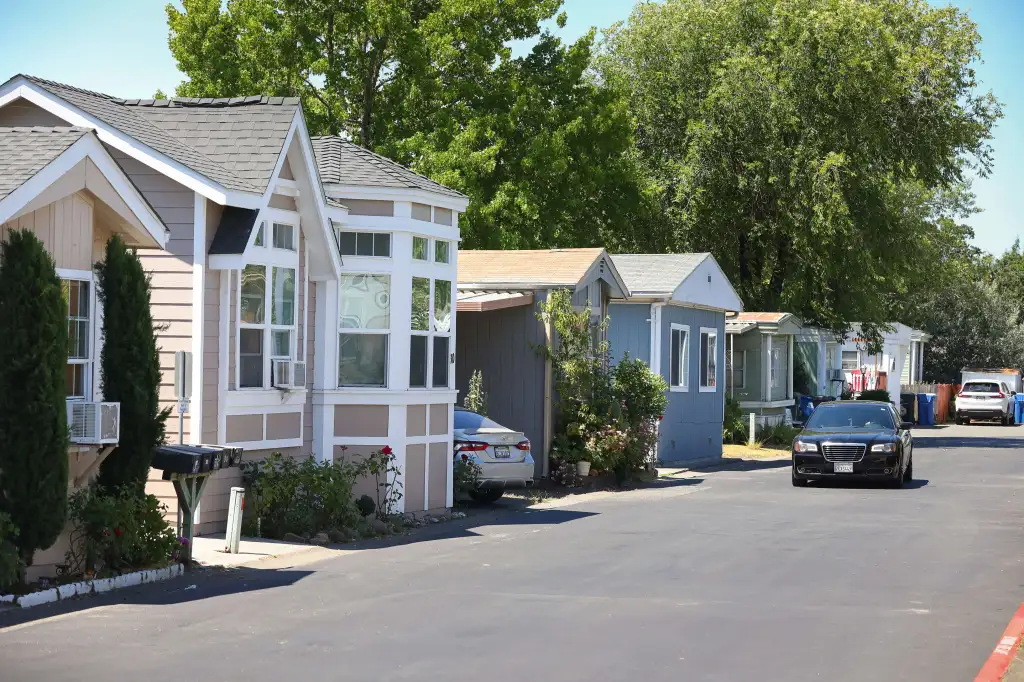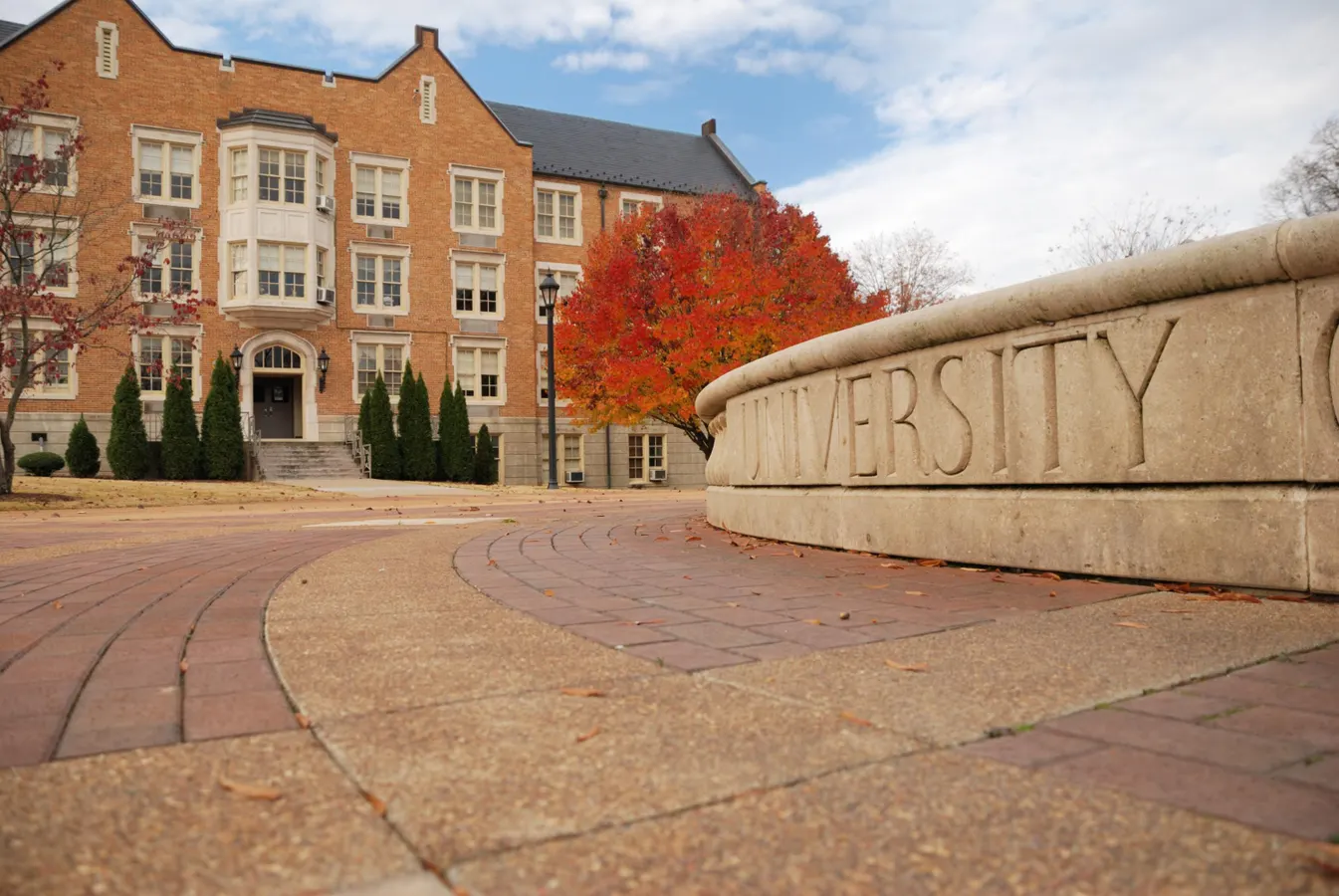
The Golden State Manufactured-home Owners League has been protecting the rights of mobile home residents and promoting safe and enjoyable mobile home communities for over 60 years. This important work is needed to protect a valuable source of affordable housing for seniors, immigrants and those on fixed incomes.
In an Aug. 24 Close to Home column, Bill Feeney, the owner of two local mobile home parks, opined that Sonoma County’s rent stabilization ordinances threaten to drive him and other park owners out of business (“Mobile home rent control is backfiring”). This is laughable, as Feeney charges residents in the parks he owns sky-high “ground rents” for the spaces their homes rest on. The average reported monthly rent in his park in Petaluma, The Cottages, was $1,552 — twice as high as some of the other parks in the city.
As for his claim that rent stabilization is “unsustainable,” the Little Woods mobile home park has seen a 146% rent increase since 1994, averaging nearly 5% annually. Investors keep buying parks in Petaluma for hefty prices — Youngstown for $14 million in 2020, Capri Mobile Villa last year for $4.25 million. Clearly, mobile home parks remain profitable.
Decades ago, mobile home parks were operated as family-owned businesses. Today, park owners are generally large corporations focused on bottom-line profits.
Mobile home residents are essentially captives of park owners. They rent the land but own their home, which, like a traditional stick home, is not easily moved. If residents want to relocate, they must sell their home, and buyers must be approved by the park owner. Newcomers are often forced to pay much higher ground rents, unless the park is under a rent stabilization ordinance that caps the increase.
Tragically, new buyers with little or no experience in the mobile home world can be coerced by park owners into signing long-term leases that are exempt from rent stabilization and provide for larger rent increases and for multiple categories of expense “pass throughs.” Some mobile home buyers are never even informed that the local jurisdiction has a rent stabilization ordinance.
Feeney’s commentary makes no mention of what bothers him the most: Approval of Assembly Bill 2782, which as of Jan. 1 of this year mandated that leases of any length are no longer exempt from local rent stabilization protections. This puts a firm ceiling on how far and how often park owners can jack up ground rents.
Feeney also didn’t mention that he and his allies in the park owners’ lobbying association have gone to war over this issue, filing a lawsuit against Gov. Gavin Newsom and Attorney General Rob Bonta that seeks to block AB 2782. A court denied their request for a preliminary injunction, but the case continues toward trial.
Feeney wrote that long-term leases “offered residents stable, predictable rents and protected them from the cost and uncertainty of arbitration.” In reality, lease rents are higher and will continue to increase.
Another goal for park owners is for local jurisdictions to adopt “vacancy decontrol” – allowing them to reset the baseline of ground rents when a mobile home sells. Feeney argued that vacancy decontrol, along with restoring the old rules for long-term leases “would reduce housing costs, preserve mobile home communities and keep everyone out of court.” He offers no evidence to support these outcomes.
Without some form of regulation at the time of resale, homeowners’ equity is threatened. Studies have shown that for every $100 that rents are increased, homeowner equity decreases by $10,000.
The rent stabilization ordinances in Sonoma County and most of its cities protect seniors, preserve communities and rein in abusive practices. Feeney began by asserting that rent control measures are backfiring. But the only thing backfiring is the ability of park owners to price mobile home residents out of their homes.
Anne B. Anderson is president of the Golden State Manufactured-home Owners League. This commentary reflects the opinion of the GSMOL board of directors.



